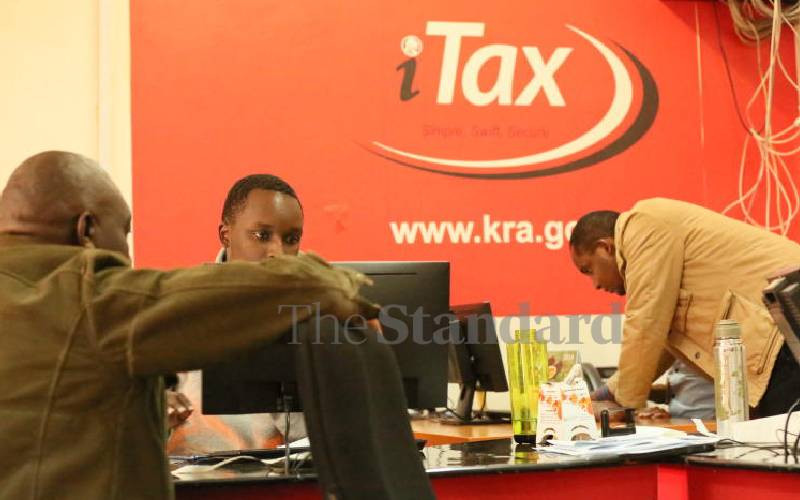×
The Standard e-Paper
Read Offline Anywhere

The taxman will now be able to collect transactional data from all traders, individuals and companies in the country in near real-time, tightening the noose on tax cheats.
Armed with new electronic-invoicing and reporting tools, Kenya Revenue Authority (KRA) will be able to collect information without waiting for taxpayers to file, even at the point of a commercial transaction to make its own assessment of the tax due.